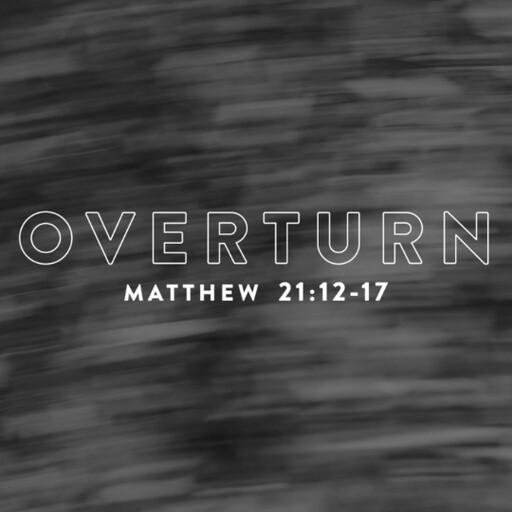Day 47 (Easter Sunday)
April 04, 2021

Read: Jeremiah 7:1-7
Reflection Questions: When do you feel the closest to God? When do you feel the furthest from God?
Prayer: Holy God, it is easy for me to go through the motions, to say the words without feeling, to act the part without conviction. But I don’t want a life that lacks feeling or conviction. I want people to know I’m a Christian by my love, not by an outward shallow appearance. So dwell in me, God. Dwell in me, dwell in me, dwell in me. Amen.
—Prayer by Rev. Sarah Are | A Sanctified Art LLC |sanctifiedart.org

By: Rev. David Hett
I moved to a new place at the end of January seeking more quiet than facing a heavily traveled north-south boulevard in a none-too-soundproofed apartment. As I age, quietness has a high value for me. I can distract myself enough without having a constant rumbling of traffic as a soundtrack. Or maybe it’s just a case of needing “wintering.” Serendipitously, while I was anticipating my move the following week, the host of On Being, Krista Tippett, interviewed a British writer named Katherine May and I caught it with morning coffee at 7 am that Sunday on WOSU-FM.
In her introduction of Katherine May, Krista defines “wintering” in this way:
In so many stories and fables that shape us, cold and snow, the closing in of the light — these have deep psychological as much as physical reality. This is “wintering,” as the English writer Katherine May illuminates in her beautiful, meditative book of that title — wintering as at once a season of the natural world, a respite our bodies require, and a state of mind. It’s one way to describe our pandemic year: as one big extended communal experience of wintering. It feels like Katherine May opens up exactly what I and so many need to hear, but haven’t known how to name.
“Wintering” is a necessary practice to bring balance to our busy lives, to our distracted lives. This is at least part of what the season of Lent provides in the cyclical nature of the Jesus-path—a balancing. Active in work, in service, in learning, in relating, in just surviving(!)—in this year of pandemic Krista goes on to say, some of us are laboring harder than ever on its front lines and also on its home front of parenting. I don’t know a single person right now who isn’t exhausted, almost as a state of being—we all need a “down” time, just to rest for one thing, but also the opportunity to be drawn into the depths of our soul to receive the nourishment that can only come from the Source of our being. In her book, Katherine May describes both the process and the effects of this natural movement if we allow it:
There are gaps in the mesh of the everyday world, and sometimes they open you, and you fall through them into Somewhere Else. And Somewhere Else runs at a different pace to the here and now, where everyone else carries on.
In our hemisphere, Lent precipitously falls right before or during the change of seasons from winter to spring, ritualizing the bursting forth of new life from the natural world’s decay and death of winter. In Ohio we have plenty of literal “wintering” left before spring arrives, and a couple of weeks later this year comes the celebration of Easter.
But before new birth, the season of Lent also ritualizes this falling through a “gap in the mesh of the everyday world”—the passion, suffering and death part of the Jesus story and path, the necessity of going deep into the quiet of the earth, where the composting is taking place to generate that seed of new life. Ironically, it is this “decay and death” that is the nourishment to grow new life.
May our wintering and Lenten journeys replenish our souls and the soul of the world.
April 04, 2021
April 03, 2021
April 02, 2021